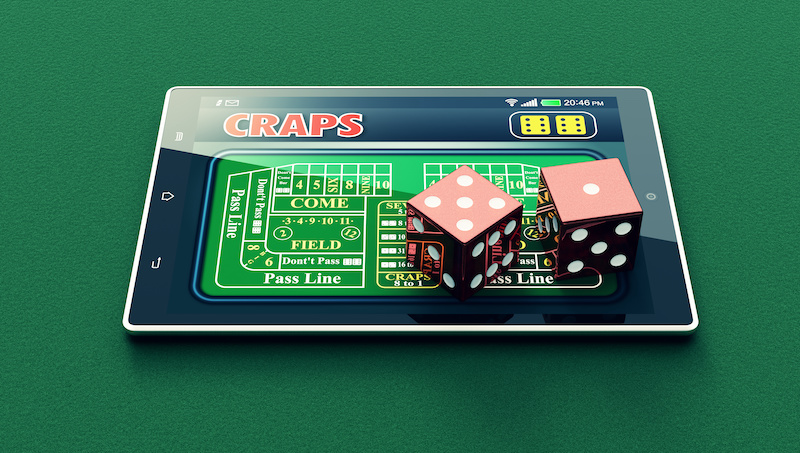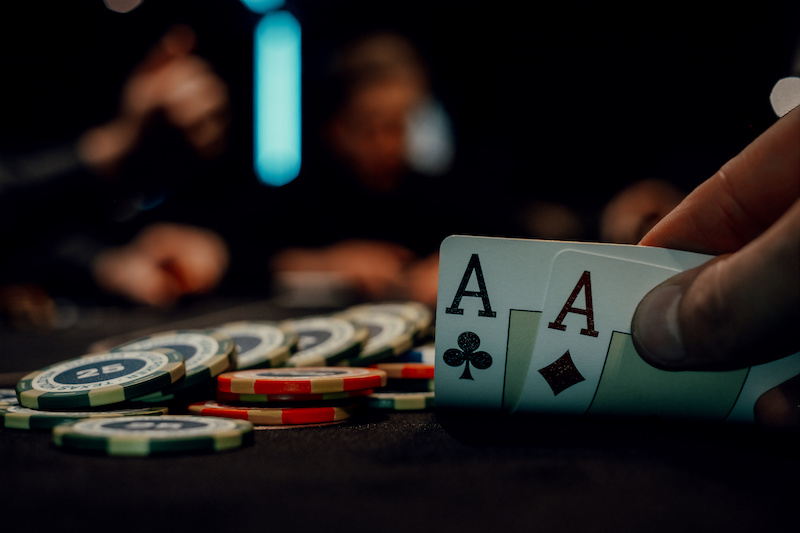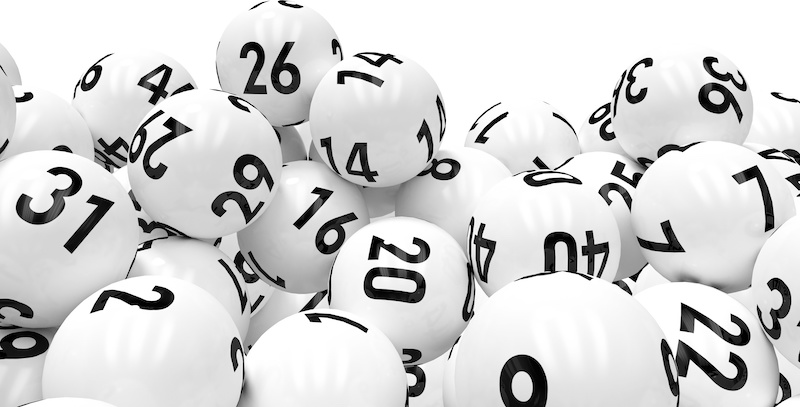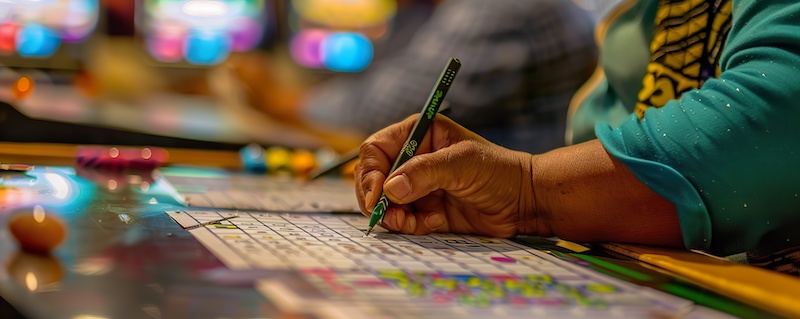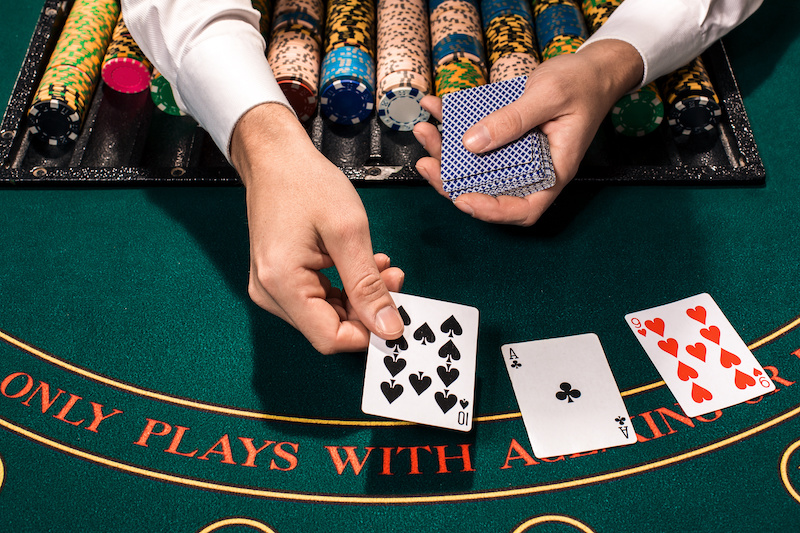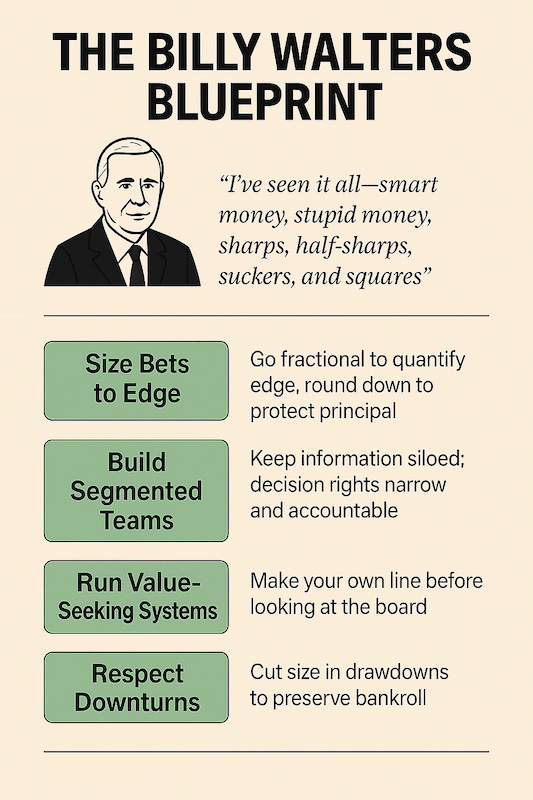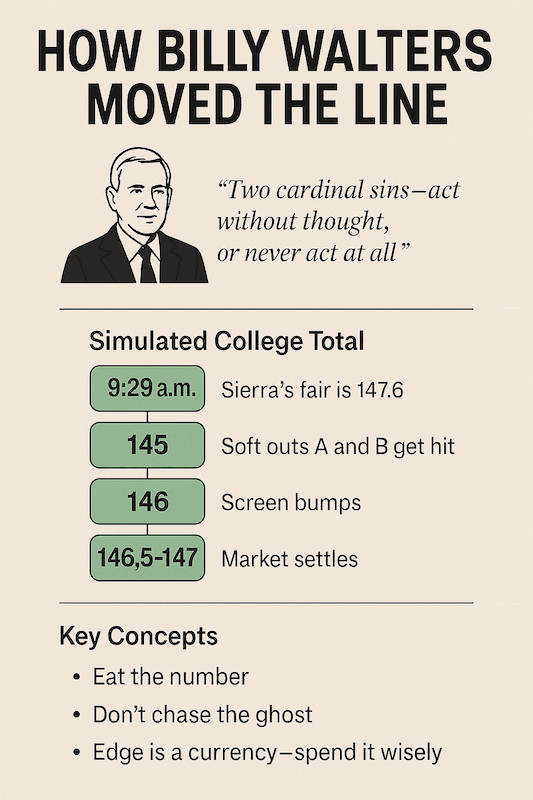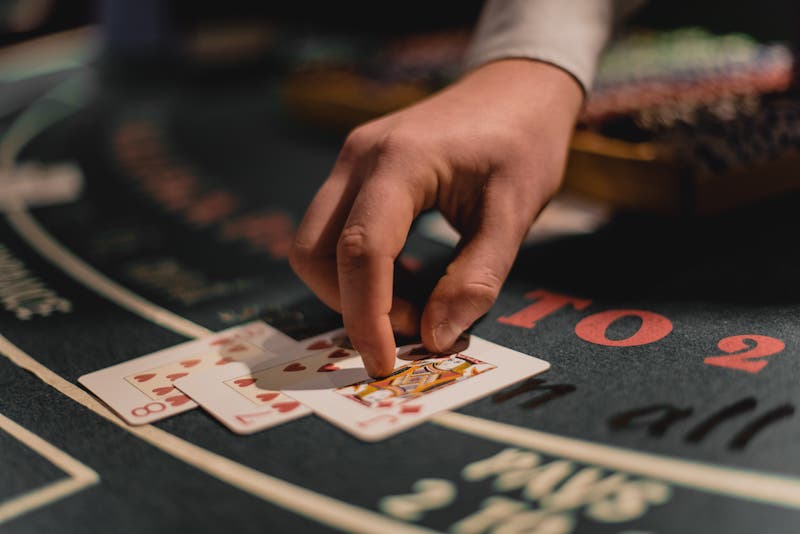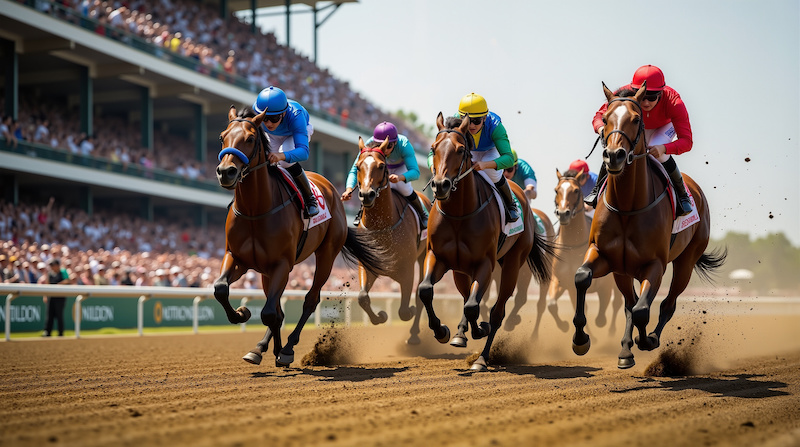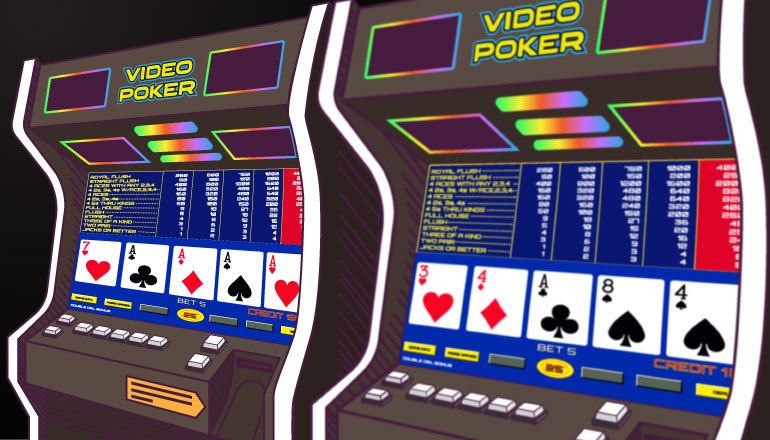Contents
- Dan Bilzerian: Poker Persona, Borrowed Spectacle, and the Cost of Looking Rich
- What happened to Dan Bilzerian, how the money really moved, and a sober look at Dan
Bilzerian net worth? - What Happened to Dan Bilzerian Today?
- Who Is Dan Bilzerian?
- Family Background and Early Money
- Trust Fund, Instagram, Spectacle: The Anatomy of Dan Bilzerian’s Rise
- Dan Bilzerian’s Rise and Instagram Empire
- Poker Record: What’s Verified
- The All-In Illusion: When Persona Outpaces Proof
- How Much Dan Bilzerian Earned From Poker?
- How Private Cash Games Actually Work?
- Dan Bilzerian Net Worth: Fact vs Fiction
- The Monetization of Spectacle: How 30 Million Followers Pay
- Inside the Illusion Economy
Dan Bilzerian Personal Life: Homes, Cars, Style, Relationships - What Dan Bilzerian Thinks About Gambling and Casino Games
- Dan Bilzerian Fact vs Fiction
- Collapse Timeline
- Practical Casino Lessons
- Final Verdict on Dan Bilzerian — What Happened and Net Worth
- Quick FAQ
Dan Bilzerian: Poker Persona, Borrowed Spectacle, and the Cost of Looking Rich
What happened to Dan Bilzerian, how the money really moved, and a sober look at Dan Bilzerian net worth
I’m writing this because the record on Dan Bilzerian is loud and slippery. My aim is clear: explain what happened to Dan Bilzerian, frame Dan Bilzerian's net worth realistically, and give casino readers something useful. I’ve watched the feeds, read filings, and listened to long interviews. Some claims stand. Others collapse under light. Here’s the clean version.
What Happened to Dan Bilzerian Today?
Quick answer: he scaled back when the cost of spectacle outpaced its returns. Posts slowed, launches narrowed, and the engine throttled down.
From 2013 to the late 2010s, Bilzerian surfed spectacle – jets, mansions, models, ranges, and late-night bragging. Then the burn began to outrun receipts. The drift wasn’t a crash; it was a lower gear. Attention still converts, just not at the old, breathless rate.
Who Is Dan Bilzerian?
Bilzerian was born in Tampa in 1980 to Paul Bilzerian and Terri Steffen. He attempted Navy SEAL training, didn’t finish selection, and later studied at the University of Florida. He found his lane in card rooms where psychology meets probability. The early method was simple: choose seats well, size to conditions, and pass when the price is wrong.
If this article interests you, keep reading. Alternatively, explore other topics like blackjack strategy and craps strategy.
Family Background and Early Money
The runway wasn’t only poker. Family trusts and related structures sat in the background. That doesn’t erase risk-taking, but it changes the origin story. It also explains how houses, sets, and toys appeared on cue while capital stayed liquid. I read it as staged access, built for social optics rather than permanent ownership.
Trust Fund, Instagram, Spectacle: The Anatomy of Dan Bilzerian’s Rise
Dan Bilzerian built a persona where trust-fund optics met Instagram theater. With more than 30 million followers, he staged yachts, models, guns, and poker chips for virality. The feed ran on controversy and cadence. Lacking a deep public poker résumé, he monetized attention instead. The persona sold the story; the audience made it cashable.
Dan Bilzerian’s Rise and Instagram Empire
Film cameos and stunt-adjacent roles amplified the brand more than the bankroll. Mansion shoots did the work of giant ad buys and kept the loop spinning. His memoir, The Setup, packaged process as swagger. I read it as production notes for holding a room. In gambling culture, that playbook is familiar: social reach can rent almost anything for a day.

Poker Record: What’s Verified
One line matters on paper. Bilzerian finished 180th in the 2009 World Series of Poker Main Event for $36,626. No bracelets. No other open-field scores that move the needle. Judge by public ledgers and he barely registers. That’s the distance between proof and narrative. The rest lives in private rooms where proof is scarce.
The All-In Illusion: When Persona Outpaces Proof
I expected a casino playboy riding adrenaline. I found a performance brand that mastered optics. The livestreams and photos exist. The televised wins do not. Without published graphs or audits, the legend rests on anecdotes. In that economy, repetition can feel like evidence. My job is sorting what’s checkable from what’s merely believed.
How Much Dan Bilzerian Earned From Poker
Snippable: public tournament earnings total $36,626; claimed private-game profits are unverified.
The private universe is different. He has spoken of eight-figure nights and even a $50 million year. Invite-only games leave no box scores.
People who know those rooms confirm extreme stakes and friendly lineups. They split on whether he was hammer or nail, which leaves the ledger unresolved.
How Private Cash Games Actually Work
Here’s the spine, as veterans describe it and behavior suggests. The edge starts with the room, not the hand. A table of deep stacks and distracted money beats any clever line. Position and lineup drive decisions; bravado only raises variance. When the mix tightens, the smartest move is often the door.
Price discipline does the rest. Press when conditions align; knit through bad texture. If rules or promos can’t bend the math, pits are décor, not income. Access becomes the asset: invitations, information, and the restraint not to torch a seat for attention. Each night ends the same way — reconcile outcomes against your read and fix leaks fast.
Dan Bilzerian Net Worth: Fact vs Fiction
Snippable: treat Dan Bilzerian net worth as a moving range — tens of millions — driven by deals, attention, and private finances; no audited figure exists.
Searches for Dan Bilzerian net worth swing widely. The visible ledger includes a Las Vegas “adult playground” home, later listed, and a rotating garage of exotics and ultra-luxury SUVs. The invisible ledger covers whatever was truly won or lost in private games, venture gains and burns, and any effects of family trusts. His financial reality is range, not sticker.
The Monetization of Spectacle: How 30 Million Followers Pay
Scale sells. Over 30 million Instagram followers buys reach most brands can’t purchase outright. Sponsored posts, licensing, affiliate deals, and appearance fees still convert after headlines cool.
Reputation bruises matter less in fringe markets that prize exposure. I’ve seen this across gambling and nightlife. The feed moves product. Volume keeps doors open when narratives wobble.
Inside the Illusion Economy
Access beats ownership. Luxury homes, cars, and jets can be leased, loaned, or comped while the image lands. Social platforms turn posts into inventory, then inventory into invitations and near-term deals.
When sentiment cools, backers walk faster than followers. When engagement slows, performance stops paying the bills. That, more than scandal, explains what happened to Dan Bilzerian as a business.
Dan Bilzerian Personal Life: Homes, Cars, Style, Relationships
Las Vegas was the stage for years. By 2025 he splits time between the United States and longer stretches abroad, often in the Gulf and Southeast Asia. Listing the Vegas compound signaled that chapter’s end. Cars churn by design — exotics, ultra-luxury SUVs, side-by-sides, and custom builds. Any complete list is a snapshot shaped by access and timing.
Style shifted from black-tie flex and tactical cosplay to tees, trainers, and clean watches. It remains curated, just less costume. There’s no wife. Romantic partners often appeared as part of the brand aesthetic. He remains close with his brother, Adam, who also plays. That family note recurs across interviews and posts.
What Dan Bilzerian Thinks About Gambling and Casino Games
On poker, he frames skill riding variance. Sit when the lineup is soft and the swings fit your bankroll. On blackjack strategy, if rules or promos can’t bend the math, walk. Negative EV isn’t romance; it’s rent. On sportsbooks, price first and team second. These principles are sound. I judge them by behavior, not captions, because captions flatter.
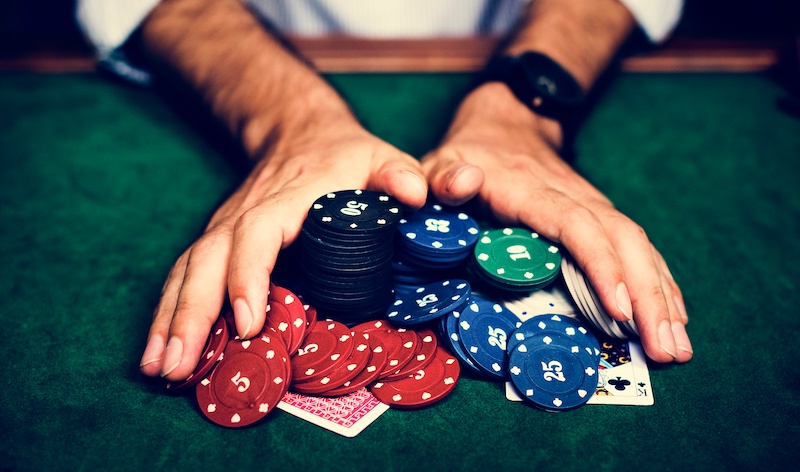
Dan Bilzerian Fact vs Fiction
The facts are simple. Dan Bilzerian sustained enormous social reach, booked one public tournament cash, and spent heavily to manufacture attention. Likely embellishments are familiar. Specific poker windfalls lack corroboration.
The “self-made” arc ignores a family runway. Ownership optics often resolved to leases or borrowed sets. The gray remains. Multi-year profit in private games is possible, not provable, and the valuation shifts with audience heat.
Collapse Timeline
- Rise, 2014–2018: audience explodes; mansion shoots multiply; private-game lore grows. Strategy: scale spectacle to grow reach.
- Peak, 2019–2021: content maxes; a book lands; the brand goes wide. Strategy: convert attention to products.
- Retrenchment, 2022: high spend draws scrutiny and setbacks. Lesson: burn rates beat narratives.
- Fallout, 2024–2025: fewer posts; real-estate exits; overseas stretches. Pivot: protect margin, not myth.
Practical Casino Lessons
Seasoned pros tend to agree on a few basics. Choose casino games you can price; if you can’t quantify edge, it’s entertainment. In poker, lineup and position beat swagger; press only when conditions align and shrink during downswings.
In private games, access is the asset, so guard information and invitations. Don’t mistake reach for edge. When the numbers stop working, stop.
Final Verdict on Dan Bilzerian — What Happened and Net Worth
On the record, he isn’t a poker savant. Public tournament earnings total $36,626, with no additional verified wins. Claims of huge private-game profits remain uncorroborated. The poker-great narrative lacks evidence.
What happened to Dan Bilzerian is straightforward: the spectacle slowed as brand economics tightened and audiences moved on. Dan Bilzerian net worth is best treated as a moving range tied to deals and attention, not a trophy number. For gamblers, the lesson holds. Selection, discipline, and price beat performance theater — every single time.
Quick FAQ
What happened to Dan Bilzerian?
He scaled back posting and launches when the cost of spectacle exceeded the returns, shifting to lower-gear monetization.
What is Dan Bilzerian’s net worth?
Treat it as a moving range — tens of millions — driven by deals, attention, and private finances; no audited figure exists.
Did Dan Bilzerian win big at poker?
Public tournament earnings total $36,626. Claims of major private-game profits are unverified.



